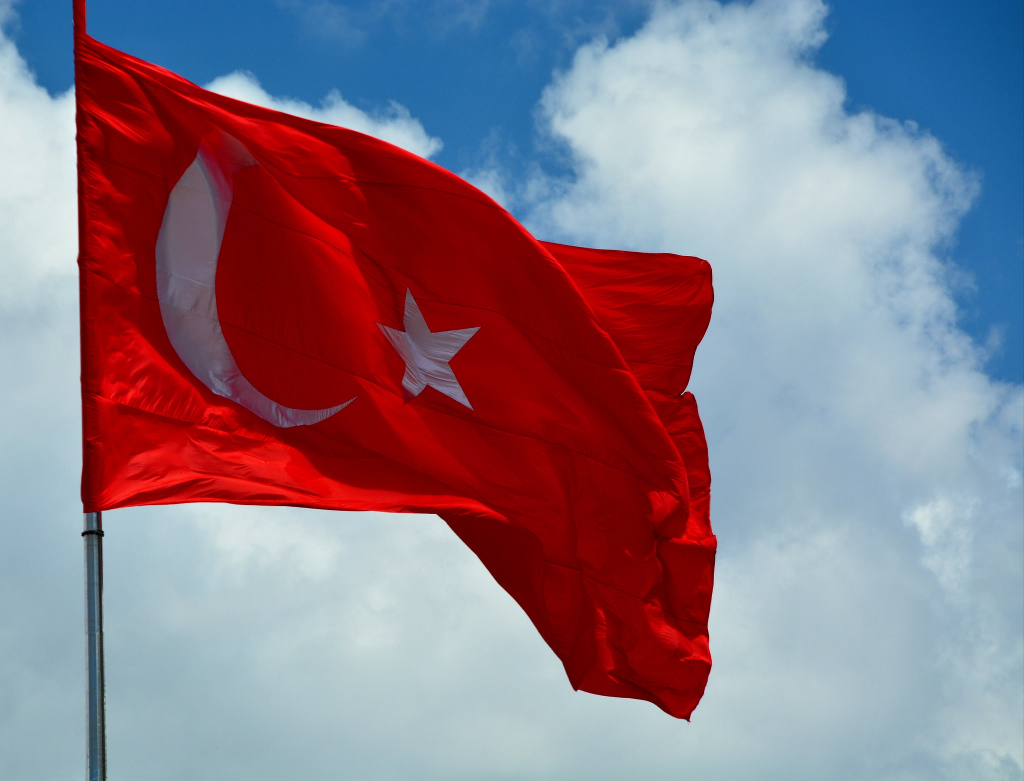The failure of last Friday’s attempted putsch in Turkey, which was foiled within a few hours, and the rapid crackdown on dissenting elements in Turkey’s legal and military system, has led to some speculation that Turkish President Recep Tayyip Erdoğan orchestrated the coup attempt in order to garner more powers for himself. The plotters were so amateurish that they failed to capture major television stations to declare the coup or even intercept Erdoğan — Turkish fighter jets flown by the coup plotters even followed Erdogan’s plane during its one hour flight from his holiday destination on the coast to Istanbul to rally his supporters and stop the attempted takeover.
Whether the coup was an inside job or not, it has clearly given Erdoğan the pretext to get rid of his rivals. He has admitted as much to his supporters when he declared: “This uprising is a gift from God to us because this will be a reason to cleanse our army.”
And his government has certainly been busy doing just that. Since Friday’s events – which left 265 dead –Erdoğan’s government has already arrested thousands of people, some 3,000 of whom were judges and prosecutors, along with 15,000 teachers and almost 100 top brass. The rapidity of this highly efficient roundup and rash of arrests raises the obvious question: Had the government been waiting for a pretext to detain these people?
The coup was likely orchestrated by elements within Turkey’s military who believe the policies the president is pursuing are dangerous for Turkey. Ankara blames the US-based cleric Fethullah Gulen, who fell out with Erdoğan’s ruling Justice and Development (AKP) party three years ago and who Erdogan has long accused of plotting against his government through a network of his supporters, the Hizmat movement. The US has agreed to extradite Gulen if Turkey can concretely prove he was responsible for Friday’s events.
Since his AKP party came to power in 2002, Erdogan has sought to strengthen civilian rule in Turkey and sideline the military, which in the past was responsible for four military coups and for upholding the secular Kemalist order in Turkey. The most recent example of this was the removal of Erdogan’s predecessor, Necmettin Erbakan, who had to step down, despite his party having a parliamentary majority, after being pressured by the military, which found his policies unconstitutional. Since the foundation of the modern Turkish state in 1923, its first leader Kemal Ataturk had strived to insist that Turkey remains a secular republic, something which the military has sought to enforce for decades. Last Friday’s coup may just have proved they are too weak to be able to do so in the case of Erdogan, whose policies are clearly veering away from the Ataturk tradition.
Erdogan spoke in favour of democratization over military rule in Egypt. When the Egyptian military ousted the Muslim Brotherhood’s elected President Mohammad Morsi, Erdogan condemned the move, pointing out that Turkey has a history of military rule and that he did not want to see Egyptians taking the same path. While he advocates democracy in some places, it’s clear that Erdoğan has sought to secure autocratic powers for himself. Having been in power for 14 years, he seems to perceive himself as best fit to further Turkey’s interests.
During his time as mayor of Istanbul back in the 1990’s, he remarked that, “Democracy is like a train: when you reach your destination, you get off.”
Erdoğan is clearly arriving at his destination. And he’s ready to be brutal to keep power. Content with furthering his Islamist ideology, and degrading the aforementioned Kemalist secular foundations of the Turkish state in the process, he has welcomed a parliamentary debate over reintroducing the death penalty so he can execute those in the military who have conspired against him over his many questionable policies, both foreign and domestic, in recent years.
It will be telling if Erdoğan, after imprisoning or even killing many of his opponents in the legal and military establishment will once again try to establish his long sought after presidential system, which will see the dismantlement of the parliament in favour of what boils down to an autocratic order run by him.
Such policies will surely destroy any chance Turkey has of becoming a member of the European Union; no country that is undemocratic and allows the death penalty will even be considered for admission into that 27-member union. Ankara has long been reforming its institutions in order to qualify for EU membership for years now (the death penalty was abolished in 2004 in accordance to EU criteria) but to no avail now, and these latest moves may dash any hope it haves and see it revert back to more authoritarian practices.
Friday’s failed coup may speed up Erdoğan’s drive to give himself absolute power. This will be a depressing outcome, because it will mean that the first time an elected civilian government overcame a military coup in Turkish history, it was all just so a dictator could eradicate his domestic enemies and consolidate his hold on absolute power.
Photo: Harold Litwiler/Creative Commons

